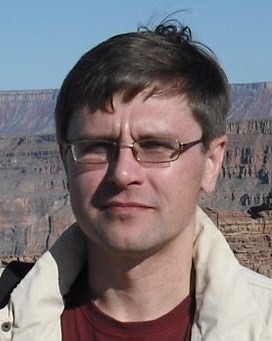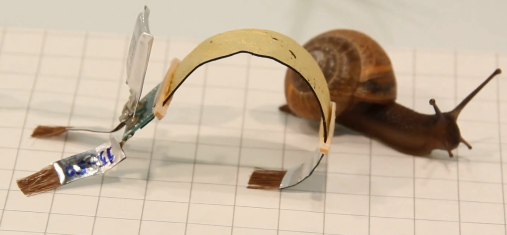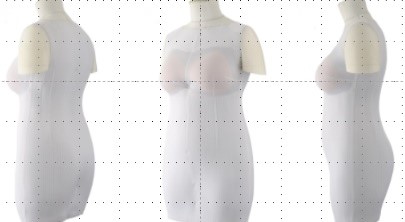

题目:From soft robotics to space habitats
时间:2018年10月17日9:00-11:00
地点:80足球直播吧F310会议室
邀请人:张文明教授(振动、冲击、噪声研究所)
Biography

Prof. Alvo Aabloo, from Institute of Technology, Tartu University in Estonia, received his PhD from Tartu University in 1994. Made his postdoc in Uppsala University. Main research interests are electroactive polymer actuators and sensors, computational materials science, robotics incl educational robotics. He is a famous polymer material professor and has wide research interests including Electro-active polymer, Polyelectrolyte and new energy, Simulation on polymer material, Special robots and soft robots, Space application technology etc. Now Prof. Alvo Aabloo is the group leader of Intelligent Materials and Systems Laboratory (IMS lab, www.ims.ut.ee), which is multidisciplinary research unit with aim combine computer modelling techniques, polymeric materials science and engineering at Tartu University. He is leading a multi-discipline group with about 14 core members including polymer, electronic material, computer and robot scientists.
Abstract


The talk will be about some activities in Alvo Aabloo's lab, IMS Lab, http://www.ims.ut.ee.Electroactive polymers, also addressed as artificial muscles, due to their functional similarity, consist of materials capable of changing dimensions/shape/stiffness in response to electrical stimuli and that are capable of sensing their shape. Most EAPs are also capable of generating electrical energy in response to applied mechanical forces therefore they have internal sensor capabilities. These polymeric materials exhibit properties well beyond what conventional metal or plastic-based actuators can offer, including very high mechanical flexibility (can be stretched to twice their initial size), low density, a high grade of process ability, scalability, microfabrication readiness and, in most cases, low cost. They are excellent candidates for soft r obotics, minimal invasion medical devices, wearables and space applications.He also will present some robotics applications developed in our lab, like shape changing humanoid mannequin for garment industries and web shops, but also autonomous habitat for extreme environments for space conquest.
